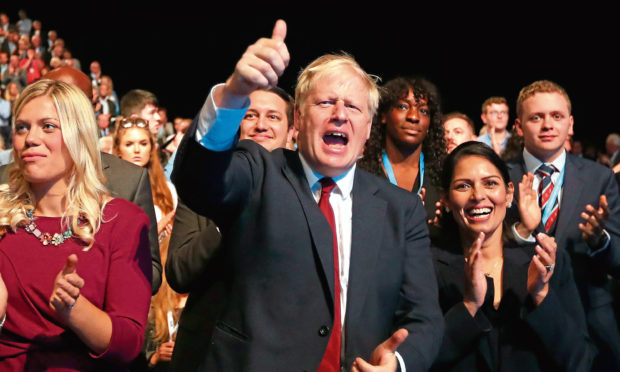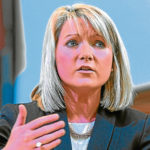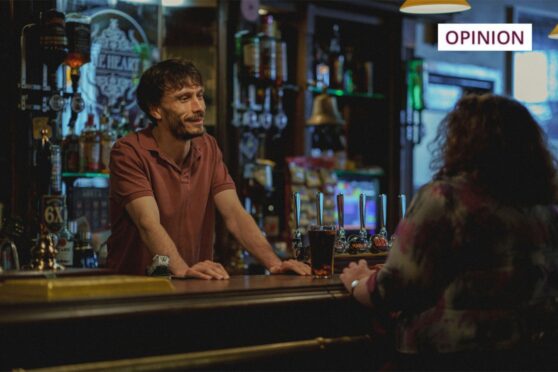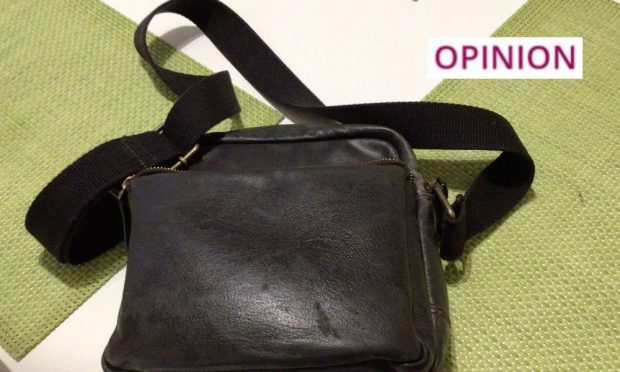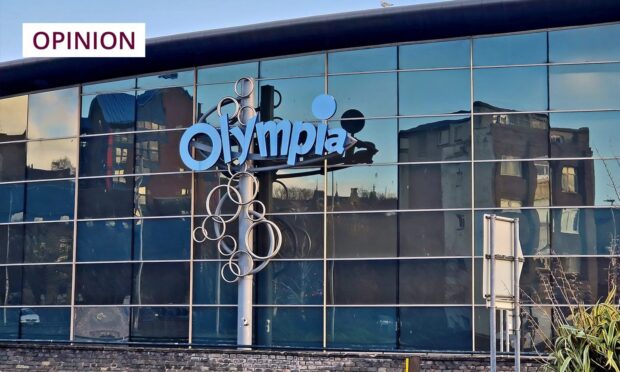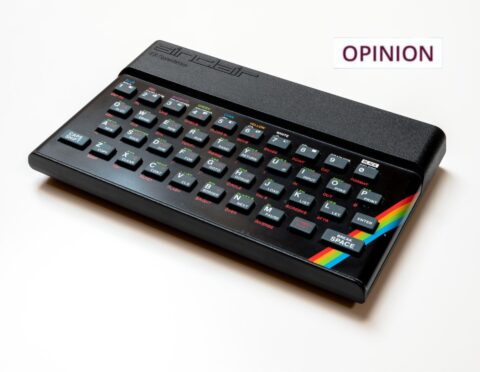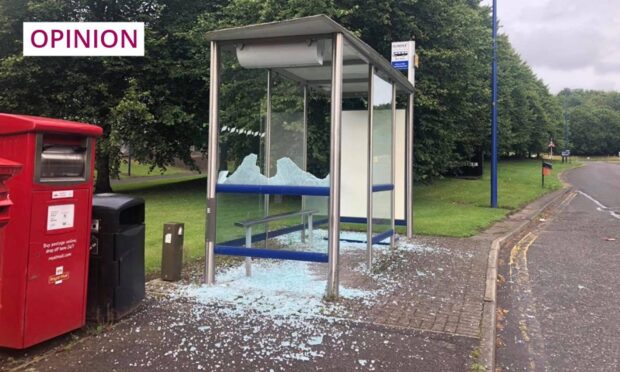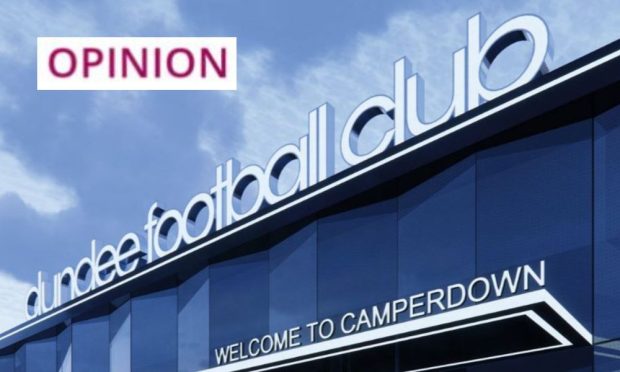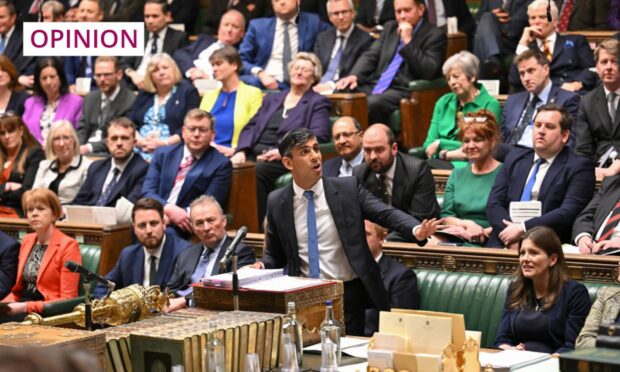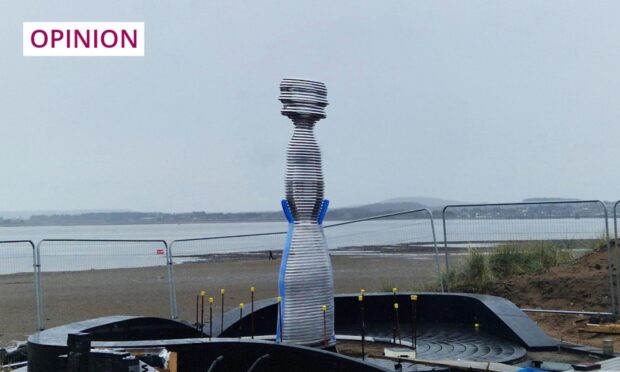A Conservative MP who says she feels like the most “abused politician in the country” has called on her own prime minister to moderate his language and tone of debate. Writing exclusively for The Courier, Westminster Angus representative Kirstene Hair criticises the abuse MPs on all sides are receiving.
Life in the frontline of politics is now a more dangerous place
Recently I received a text message from my office manager in my constituency office – “can you call me, quite urgent”. I always fear the worst, and this was exacerbated as I am based 500 miles away for half of the week.
There was another incident of a member of the public at my constituency office in Forfar, shouting, using abusive language and causing my team to fear for their safety.
My team work for me because they, like I do, care for our community, want to help deliver for our area and are absolutely focused on supporting the constituents I serve.
Many constituents are on first name terms with them, and the cards of gratitude sent to the office every week illustrate the vital role we play.
Yet it is becoming commonplace for individuals to put dedicated public servants in the firing line.
Marked change
Without a shadow of a doubt, there has been a marked change in Scotland since 2012 – the launch of the independence referendum – and south of the border following the EU referendum in 2016.
Many of the scenes we witnessed during the independence referendum were ugly, and I abhor comments from nationalist politicians rewriting history to suggest the opposite.
We engaged the highest level of turnout in any election or referendum in Scotland and we determined our future – to remain part of the UK.
The reason I am so against another referendum is not only because the Scottish people do not want one but because I do not wish to put my country through such an aggressive campaign again.
A second time round, the ante would be upped.
Today, we witness a significant and deeply worrying lack of respect in our political debate.
Increasing division
Lines have been crossed time and time again. Many now have no boundaries.
Combined with increasing division, a blame culture, a push to attack people and not the policy – not to mention the daily hyperbolic language in order to grab a headline – we have a situation which has fed into a discourteous and increasingly offensive culture.
Elected representatives, leaders and anyone in public office serve as a role model to their communities and much further afield.
We have a responsibility to lead by example.
Weekly death threats, intimidation at constituency offices, and attacks upon individuals and their families. We are becoming immune to the shock of such incidents due to their regularity.
I must call out the language of all political parties, including that of our Prime Minister. With high office comes great responsibility. Every word spoken or written has consequences. We must use them wisely.
Mike Russell MSP, cabinet secretary in the SNP Scottish Government, knew exactly the consequences of his actions when he appeared to label all Scottish Conservatives MPs traitors for voting to leave the European Union with a deal – hidden behind the historic term “Ragman Rolls”.
The subsequent attack on the office of Luke Graham MP for Ochil and South Perthshire was inevitable.
With social media at our fingertips, the ease at which comments can be hurled makes it so much more immediate.
Many of those comments, if shouted at you in the street, could be deemed a criminal offence. Should we be prosecuting for online abuse?
Social media platforms themselves must step up.
I am not a “traitor”, “quisling” or an “infiltrator” – I was democratically elected in one of the largest swings in Scotland and I represent my constituents each and every day.
I justify every vote I cast. I have hosted nearly 200 surgeries, have dealt with more than 6,000 cases and hundreds of visits – allowing accessibility to discuss the main issues of the day with every single constituent.
As the first female to win my seat, you’d think that would be welcomed.
The torrent of abuse I endure, often directed from women, I am told takes me to the one of the top female politicians in Scotland on the “abuse scale”.
Regain respect
This is certainly no accolade. It is desperately sad. Regularly hundreds of vitriolic comments accumulate on a single post within hours.
For the sake of democracy, we cannot continue down this unruly path. We need to draw a firm line in the sand, change the direction and regain respect for those around us.
It is not that MPs are now more sensitive or simply need to grow thicker skins. I am afraid the truth is the threat is so much greater and much more likely.
A life in the frontline of politics is now a more dangerous place.
